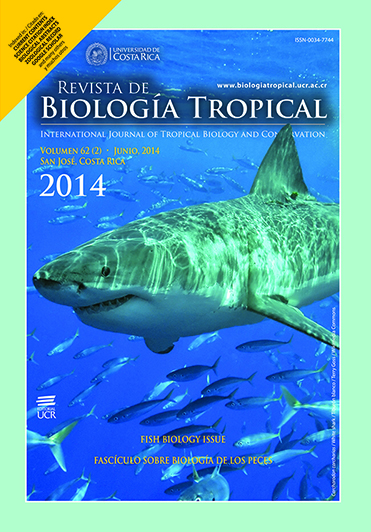Abstract
Despite the progress made during the past 20 years, searching dendrochronological potential in tropical and subtropical tree species, tropical dendrochronology, is still in a development stage. The aim of this research was to determine the potential of C. odorata for dendrochronological studies in the Selva Central of Perú. The tree-ring anatomical characteristics were carefully examined and we were able to develop a 215 year (1 795-2 009) tree-ring chronology and correlate it with precipitation records. The tree-ring chronology was developed based on 47 series of 27 trees. Tree rings are clearly delimited by large pore diameters in earlywood and small ones in latewood associated with marginal and paratracheal parenchyma. The tree-ring chronology was related to precipitation records from Satipo and significant correlations were found with the previous rainy season and late dry season of the current growth period. Moreover, we found close relationship between tree growth and total precipitations of the hydrological period (December to September) for the interval 1 990-2 009. These results demonstrate the influence of rainfall at different stages of C. odorata radial growth. The good discrimination of annual rings, strong relationship with precipitation, the wide range and longevity of trees (200 years) make C. odorata a very promising species for dendrochronological studies in tropical and subtropical forest of America.
Comments

This work is licensed under a Creative Commons Attribution 4.0 International License.
Copyright (c) 2014 Revista de Biología Tropical






